Live service is dying. This might sound like a naive take, but I’m struggling to imagine a future where any new live service game can compete with the handful of giants that dominate the market right now. Naughty Dog shocked everyone when it announced its long-in development The Last Of Us: Factions 2 was being shelved because it would just be too much work to support, and then when Concord crashed and burned in less than a month, I realized that the era of Fortnite, Overwatch, and Apex Legends may be coming to an end.
19:28

Related
Mecha Break Is 2025’s Palworld
Take a look at some gameplay of Mecha Break from a recent preview event.
There are counter-examples, like the still-new-and-shiny Marvel Rivals and Helldivers 2, and I certainly don’t want to root against a game’s success. Quite the opposite: I’ve been championing a couple of upcoming live-service games for a while now because I believe they offer something fun and unique that’s missing from similar games. Making an online game in the 2020s is definitely an uphill battle, but there’s a chance that something truly original and outstanding might be able to break through the noise.
Unfortunately, both of these games are at a point where they desperately need the word of mouth that made Marvel Rivals an instant hit, but unfortunately, they’re both alienating their fans with egregious microtransactions.
Mecha Break Is A Surprise Hit With Atrocious Reviews
You may have seen Mecha Break’s bombastic trailer at last year’s The Game Awards, and if you haven’t played it, you’re missing out. This combo team shooter/extraction game delivers the kind of high-energy action that’s been missing from the mech genre. It’s an absolute blast, with tons of variety in both characters and game modes, and even though it’s only in open beta right now, it’s already attracted a massive audience.
When the beta launched last month, it hit a concurrent peak player count of 317,000, passing Marvel Rivals and shooting straight into Steam’s top ten. Two weeks later, it’s still averaging 50,000 concurrent players. That’s half of what games like Rivals and Apex Legends are pulling in currently, but still an impressive retention rate for a beta of a brand-new IP.
The reviews, however, tell a very different story. With over 14,000 reviews, the Mecha Break demo is sitting at Mostly Negative on Steam. Scanning through the feedback reveals a few recurring themes. The first is server issues – which are, frankly, to be expected when a beta has over 300 thousand players. The second is balance, which, again, is pretty forgivable for a beta still to undergo plenty of polish and refinement.
But the biggest complaint among players is the monetization, which, like a lot of free to play games, wants to nickel and dime you to death. Almost all the characters are locked behind a paywall, which you can either pay real money to get around, or participate in a hellishly long grind to unlock for free. The tortuously slow progression is another pain point for beta testers, largely because it seems to exist as a way to reinforce the value of paying to avoid it.
To be fair, a lot of the gripes are based on fears about what Mecha Break will be like at launch, not what it is in beta. Developer Amazing Seasun Games is a Chinese studio with a long and successful history of making games for the Chinese market, which is far more amicable to aggressive monetization.
This is the studio’s first international release, so whether or not it will accommodate the western audience’s distaste for pay-to-win or not remains to be seen. In any event, early impressions are ‘great game, terrible microtransactions’ which is all a curious player needs to hear to stay far, far away. Mecha Break needs to nail it right out of the gate to be successful in this market, and predatory microtransactions are a huge red flag for people – at least in the West.
The Bazaar Breaks Its Promise
I’ve been banging The Bazaar’s drum for months, so the current monetization drama is especially heartbreaking for me. This Hearthstone: Battlegrounds competitor is the first game from esports legend Reynad’s Tempo Storm spin-off studio, Tempo, and a pretty incredible card-based auto-battler. I’ve been covering it enthusiastically since last year’s closed beta, but with the launch of its open beta this week, some major things have changed.
For months, Reynad has repeatedly promised The Bazaar will not have pay-to-win elements, and that monetization would be limited to things like cosmetics. He’s even gone as far as saying he’d quit his own game if it ever became pay-to-win. Well, the open beta has introduced a new paid expansion for unlocking new and powerful cards, and the community is extremely upset about it.
Reynad refutes the notion that this is pay-to-win on the basis that having these additional cards will not help you win, which is a pretty dubious claim. It relies on the game being perfectly balanced, with every character and item just as viable and powerful as any other. That’s not a realistic expectation for any card game, and imbalances in the closed beta already proved this game is no exception. The players aren’t buying it, and Reynad, unfortunately, has not been handling the criticism as gracefully as one would hope.
The live-service space is unbelievably competitive. It’s not enough to be a great game, you also have to convince players to stop playing a live-service game they already love, and play yours instead. I think Mecha Break and The Bazaar have what it takes to survive, but these monetization practices are going to ruin their reputation before people ever get a chance to find out how great the games are.
Monetization is an extremely narrow tightrope to walk, and most players recognize and accept that games need to make money to survive, but optics are incredibly important, and you can only build an audience through trust. Mecha Break and The Bazaar aren’t starting on the right foot, and it makes me worry about their future.
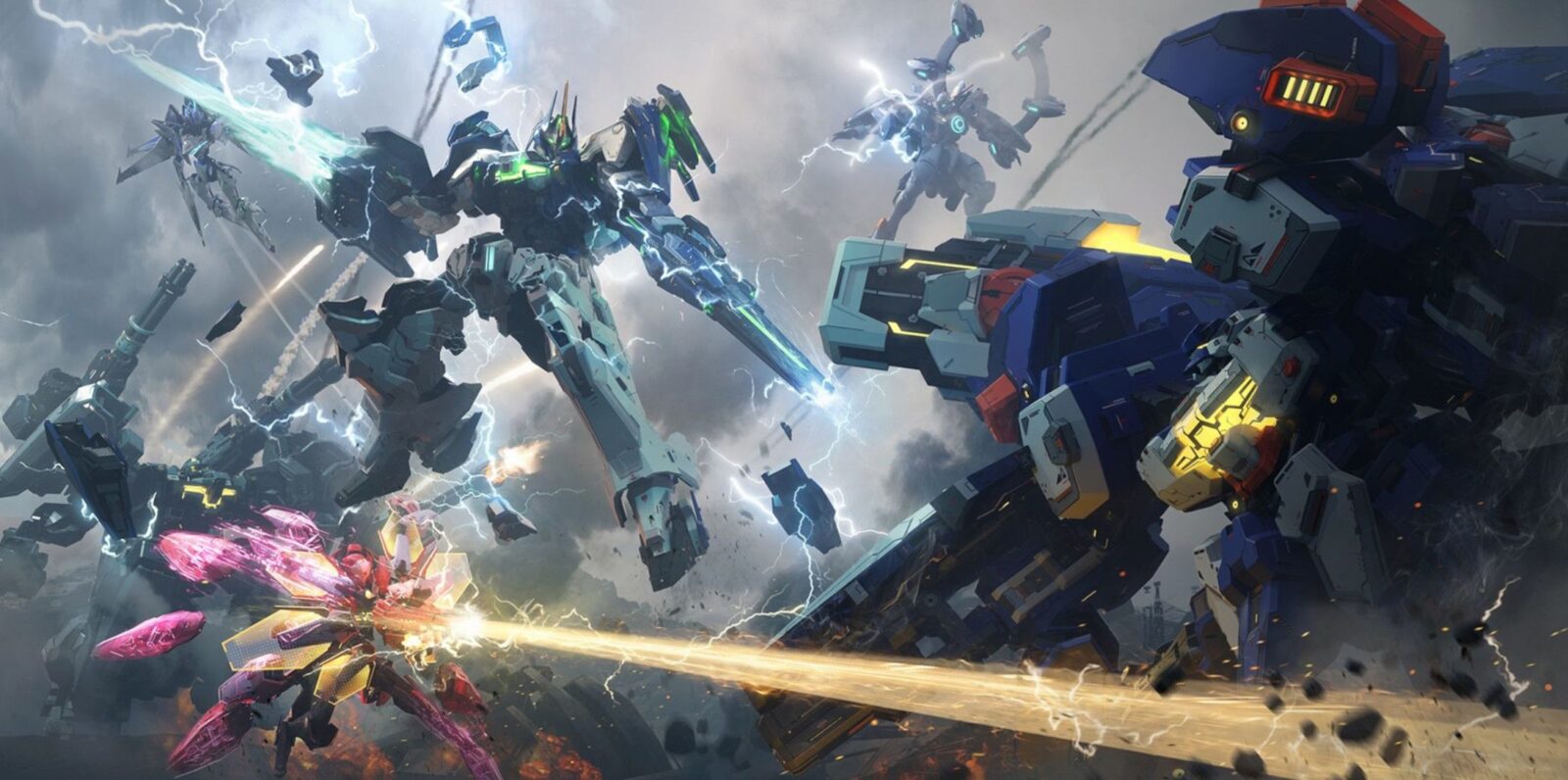

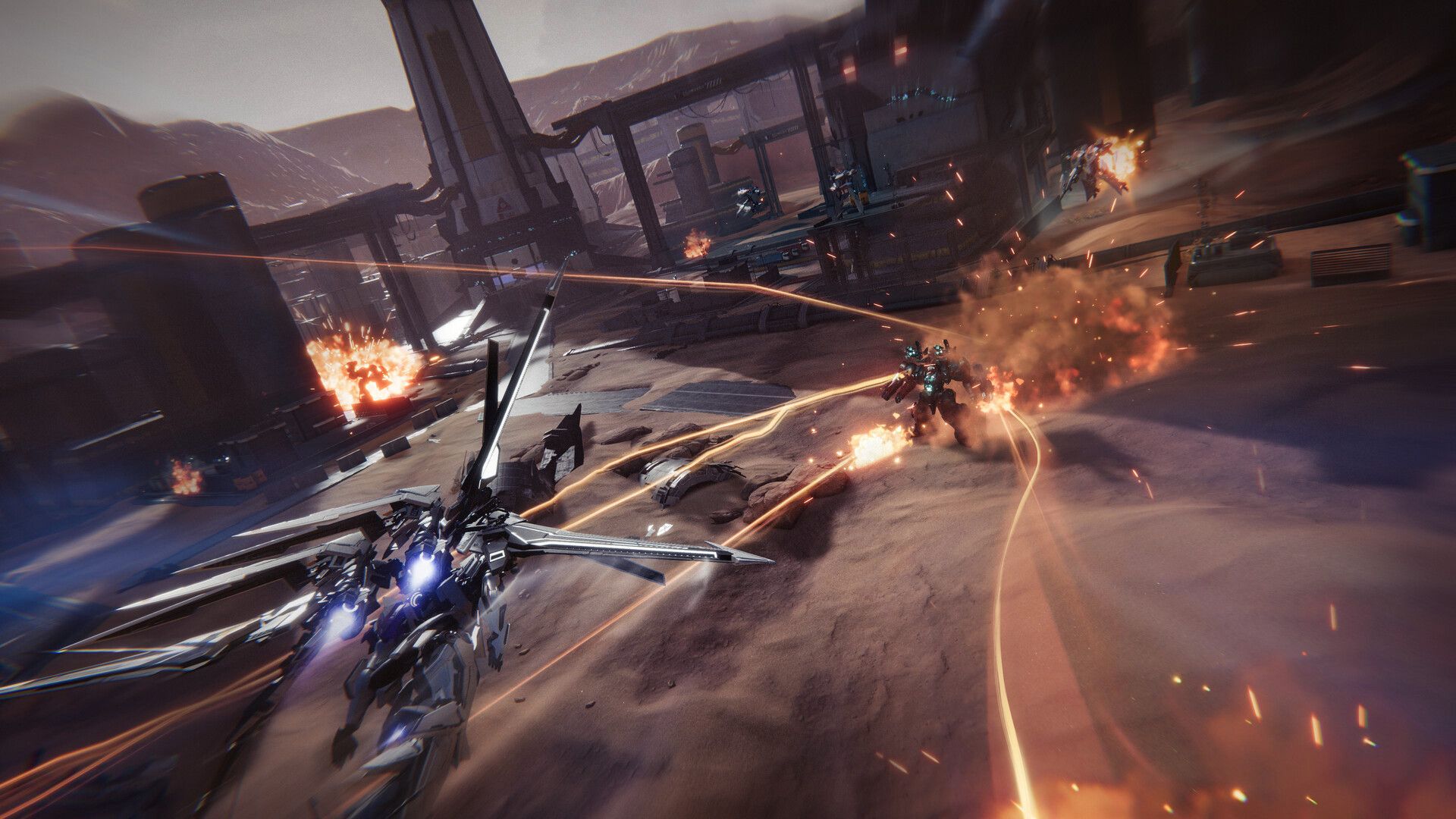
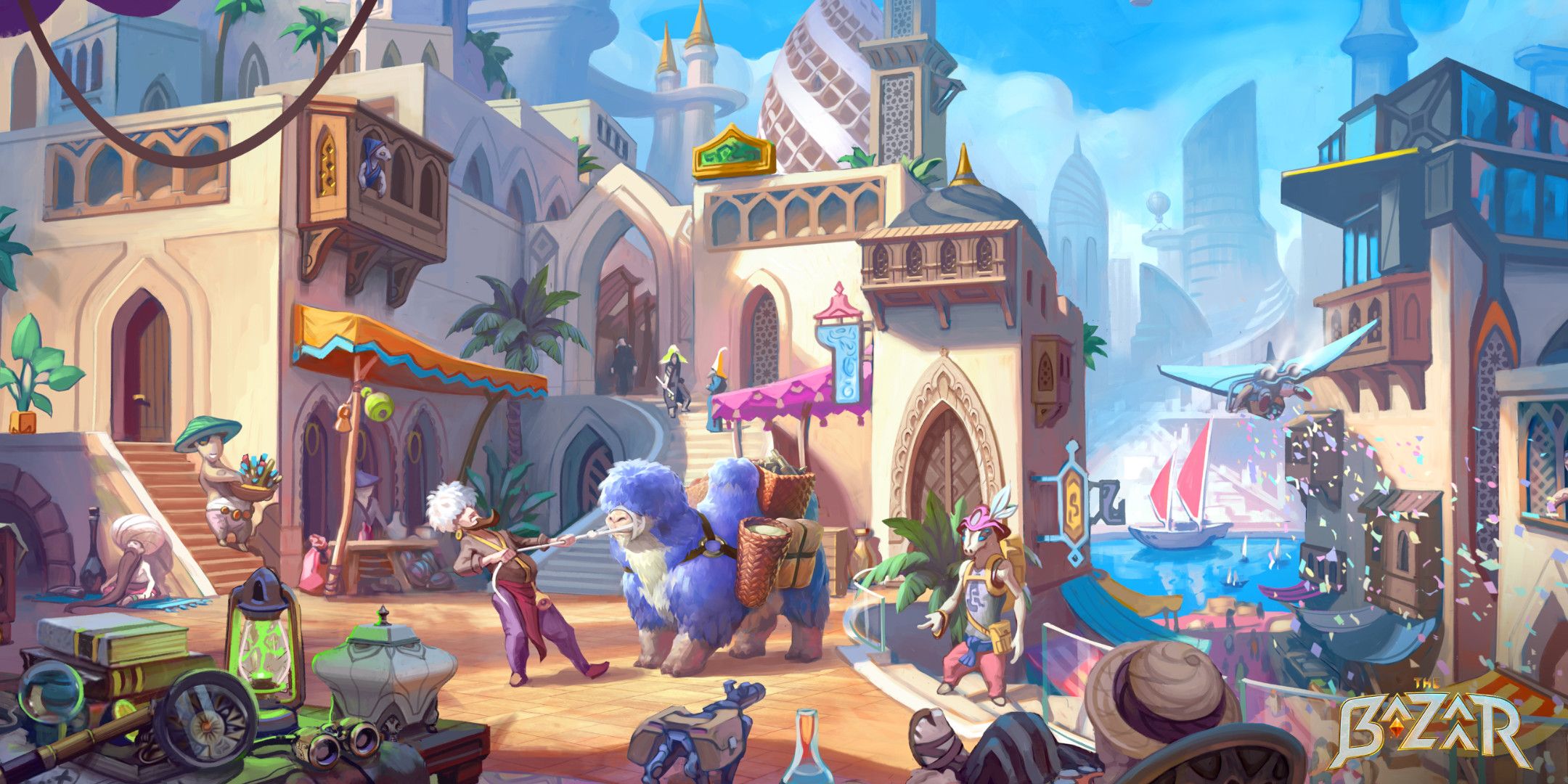
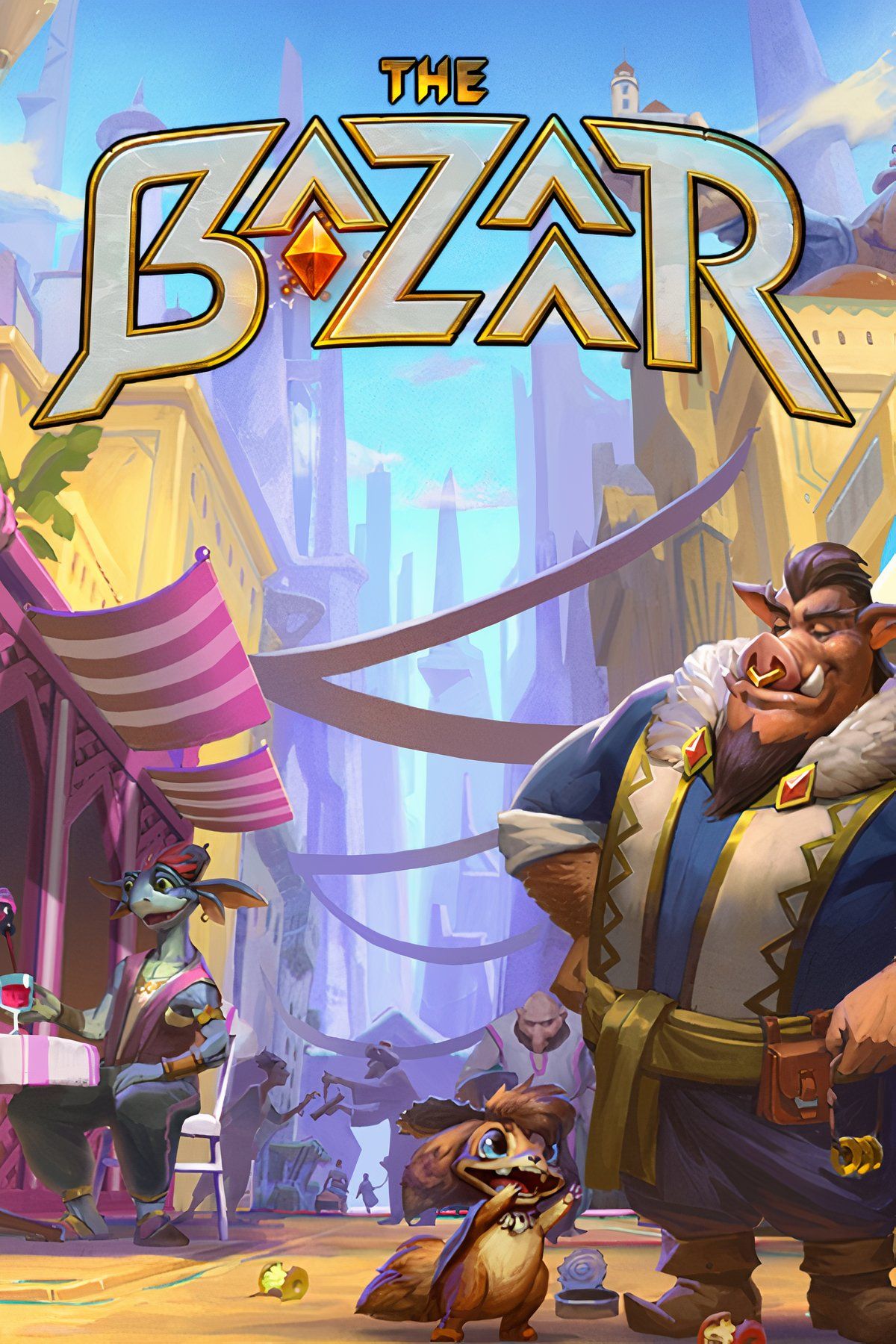






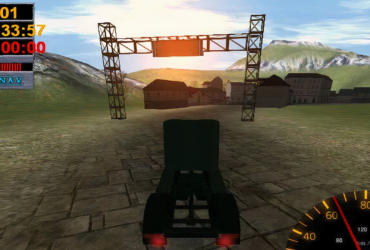



Leave a Reply